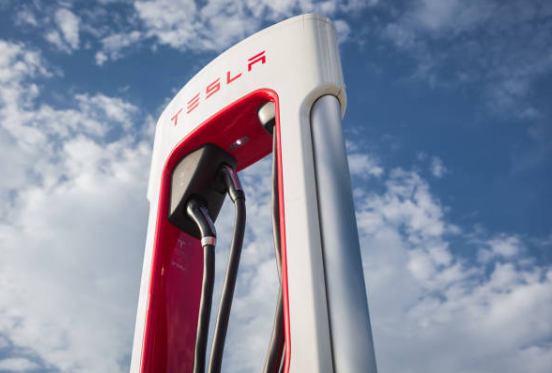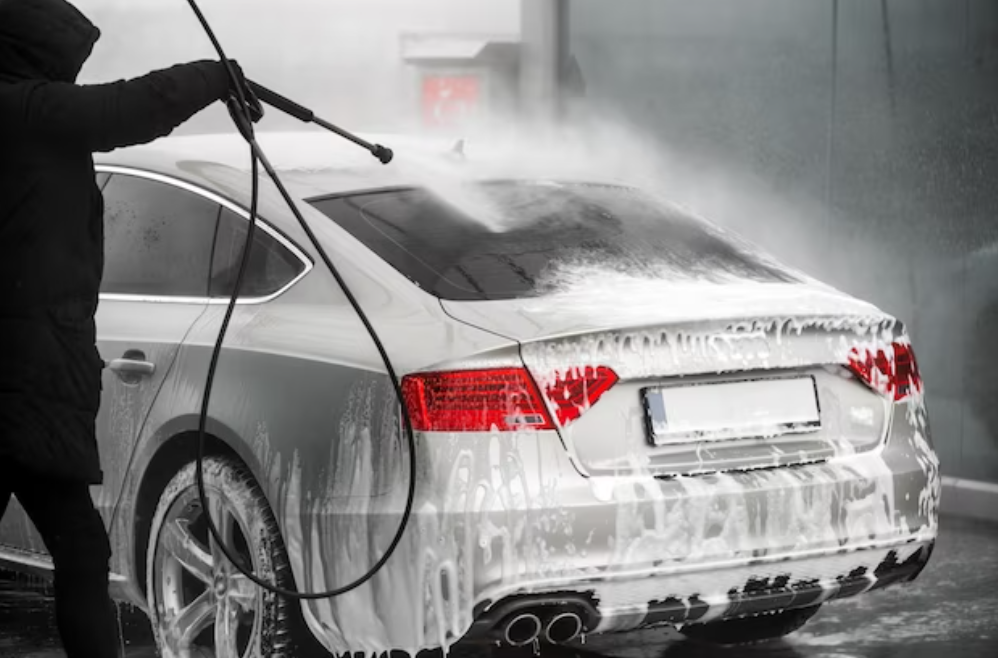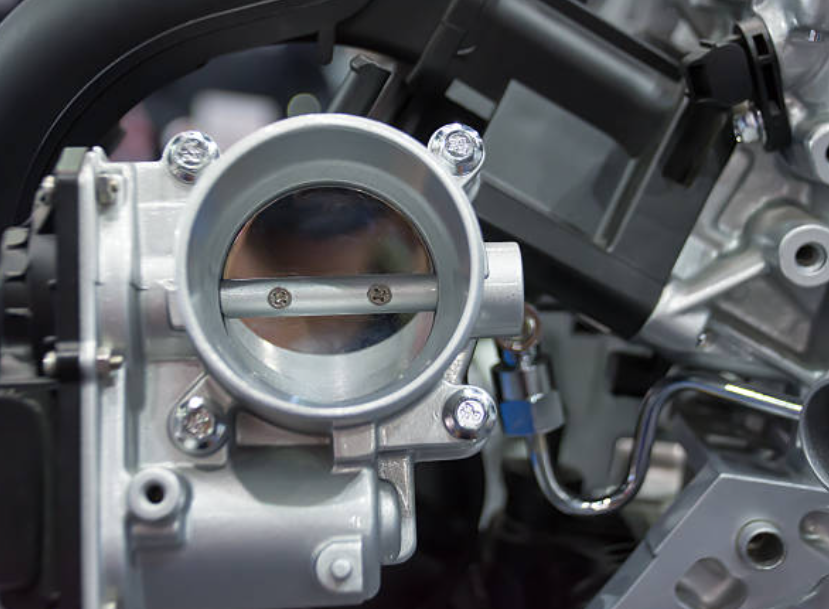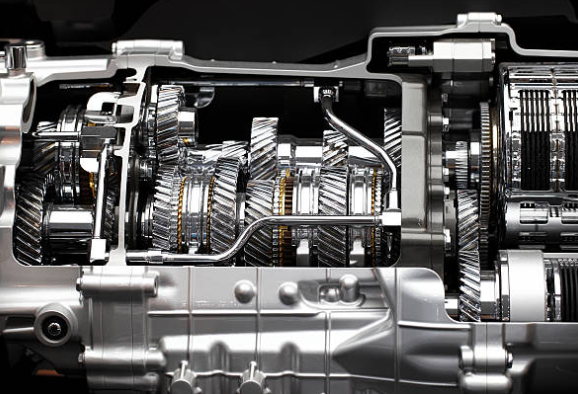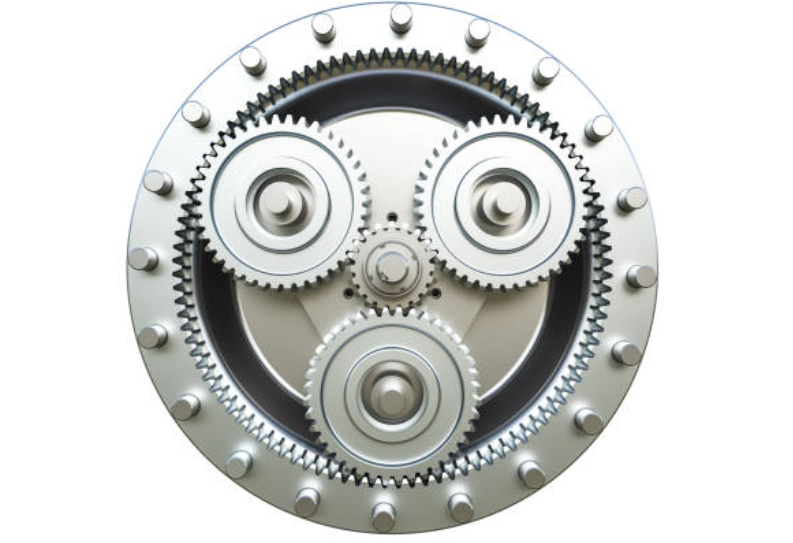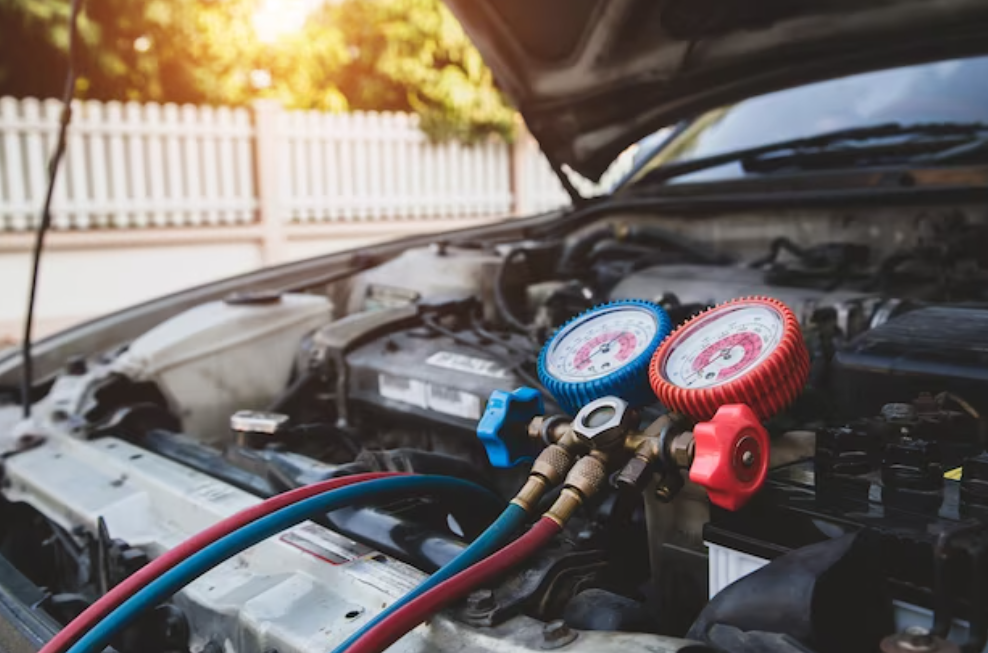What Happens When You Put Regular Gas In A Premium Car?
In the realm of fuel options, some vehicles demand premium high-octane gasoline, while others merely suggest it, leaving most cars content with regular 87-octane fuel, which might even be lower at elevated altitudes. Filling your premium car with regular fuel, whether accidentally or intentionally for cost-cutting, is unlikely to cause damage, yet it won't necessarily save you money either.

But what precisely occurs when you fill up your premium car with regular fuel? Could it potentially harm your engine? Join us as we navigate through the nuances of premium versus regular fuel and their impacts on your vehicle's functionality.
Premium vs Regular Gasoline
Grasping the distinctions between various gasoline grades boils down to comprehending octane ratings. Premium fuel might be denoted as 91 (predominantly in Western states) or 93 octane (across much of the U.S.), whereas regular typically registers at 87 octane in many regions but can drop to 85 in certain areas, particularly those at high elevations.
It's crucial to differentiate between gasoline and other fuel types like diesel, natural gas, or kerosene. Filling your premium car with any of these alternatives warrants immediate action, such as shutting off the engine and seeking professional assistance.

Octane levels primarily influence the likelihood of mistimed combustion. Higher octane ratings mitigate the risk of combustion occurring at improper intervals, thereby preventing pre-ignition, commonly known as engine knock.
While engine knock isn't typically detrimental if sporadic, repeated occurrences can accelerate wear and tear. Cars mandating premium fuel often possess turbocharged engines, high compression ratios, or aggressive timing setups aimed at maximizing power output.
When fueled with 87 octane, older cars that need high-octane fuel may start to knock and run poorly. Though at the expense of decreased power and efficiency, contemporary cars with advanced onboard computers can modify engine settings to run on lower-octane fuel. Because ordinary fuel uses more fuel than premium fuel, using regular fuel in a premium car might not save money.
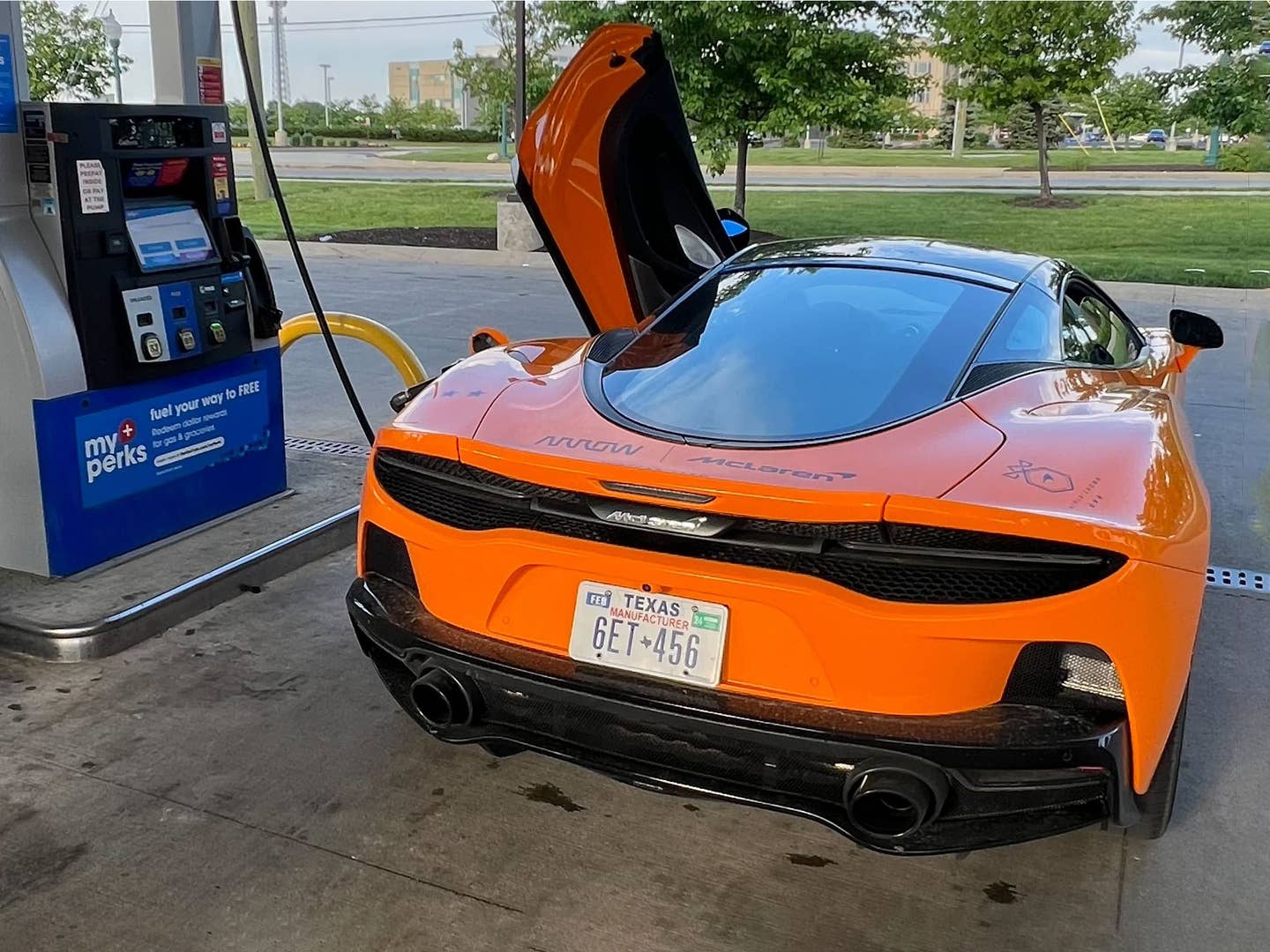
Determining whether your car necessitates premium fuel entails consulting the owner's manual or inspecting for relevant labels near the gas cap. Factors such as turbocharging, high-performance specifications, or manufacturer recommendations influence fuel requirements. While premium fuel is commonly associated with luxury vehicles, some mainstream models also mandate it for optimal performance.

In scenarios where premium fuel isn't readily available, mixing regular and premium gasoline can serve as a temporary solution. However, topping up with premium fuel as soon as possible is advisable to maintain engine health. Alternatively, octane boosters can elevate fuel octane levels, albeit temporarily
Beyond fuel selection, adhering to safety protocols at the pump is paramount.
- Avoid attempting to overfill the fuel tank, as it may lead to fuel spillage and subsequent hazards.
- If fuel drainage becomes necessary, execute the procedure in a well-ventilated area, refraining from proximity to open flames, and never resort to mouth siphoning.
- Promptly wash off any spilled gasoline from the skin or clothing to mitigate potential skin irritation or damage.
1. Why are octane ratings important in gasoline?
Octane ratings indicate a fuel's resistance to engine knock, which is crucial for high-performance engines.
2. Will using regular gasoline instead of premium harm my engine?
While it may cause engine knock and reduced performance, immediate damage is unlikely.
3. How can I tell if my car requires premium fuel?
Consult your owner's manual or check for fuel requirement labels near the gas cap.
4. Is it safe to mix premium and regular gasoline?
Mixing fuels temporarily adjusts octane levels, but refilling with the recommended fuel is best.

Maintaining the longevity and performance of your car depends on your ability to distinguish between ordinary and premium fuel. Although it might not harm your engine right away, combining different fuels or using less octane than advised can result in reduced performance and possibly long-term wear. The owner's handbook or other reliable sources should always be consulted when determining the right gasoline for your vehicle. Furthermore, using gasoline safety procedures at the pump guarantees your safety and the correct operation of your car.
Click on the following link to read another blog post: Exploring Run-Flat Tires: Are They Good Enough?


